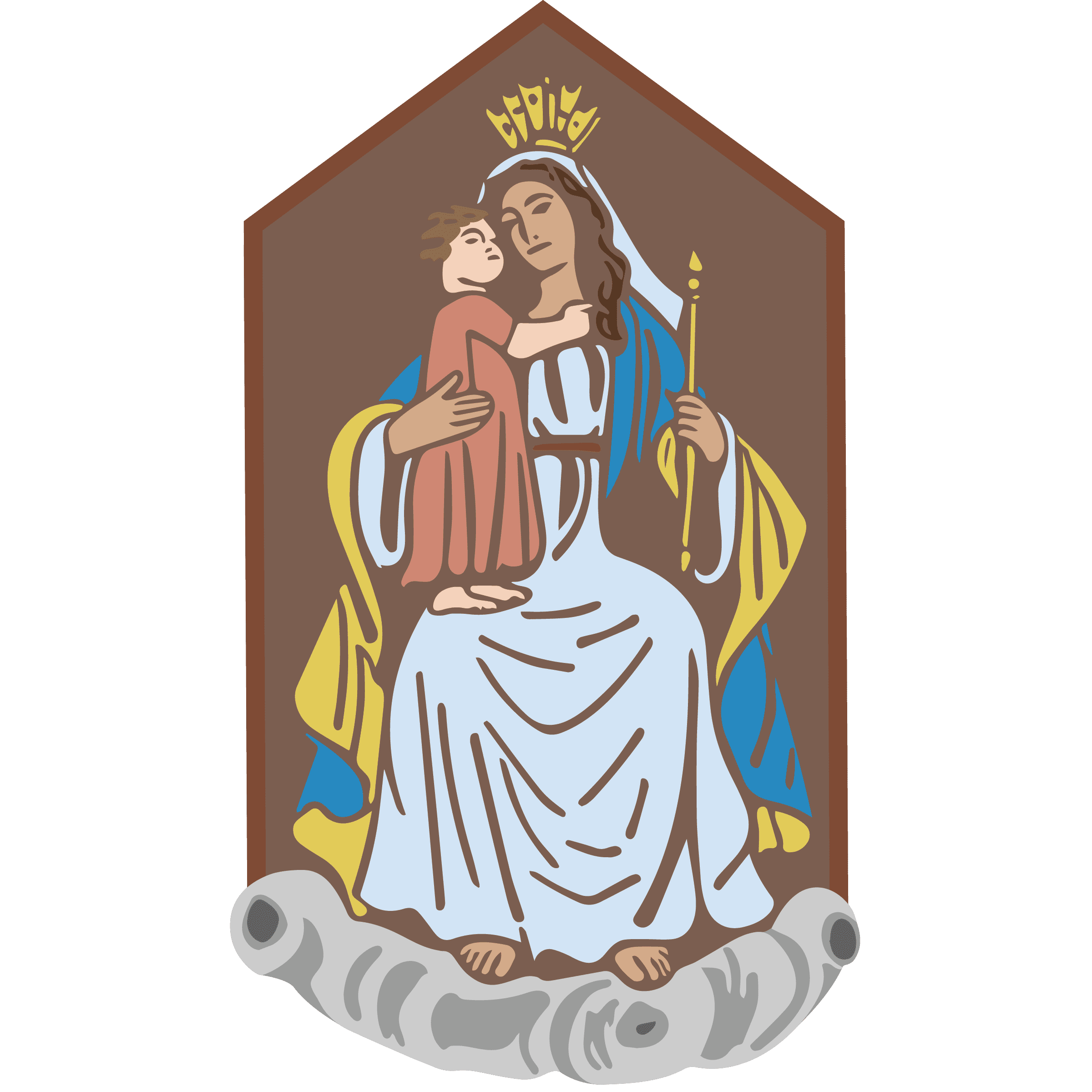April 7, 2024 – Divine Mercy
One of my first experiences as a seminarian was a retreat about healing, and I was pretty skeptical. They kept talking about how we had all these wounds that needed to be healed. And I didn’t doubt that I was a sinner, but I was skeptical that I had the kind of wounds they were talking about. I had a good childhood with maybe the usual bumps in the road of life, but nothing that I thought could qualify as a “wound.” As a result, by the end of the retreat, my heart had not been touched though my notebook was filled with some of the best doodles I had ever drawn.
In the Gospel, St. Thomas is absent when the Risen Jesus appears to the Apostles, and he gives the famous declaration that he will only believe if he touches the wounds of Christ. The problem with Thomas’s doubt is that he has the eyewitness testimony of his ten close friends to contend with. But I think we can all sympathize with Thomas to some extent. Speaking for myself, I had those who were in charge of my seminary training saying the healing retreat was a good idea, so if nothing else, I should have at least tried to be open to it.
In the following years, with the help of many spiritual guides in seminary, I made the discovery that I, like everyone else, have wounds! In fact, I became so aware of my wounds that I would joke, “I’m just a big, walking wound!” It was a joke, but I think it revealed where my heart was. Whereas before I was unaware of the wounds in my life, now I had gone to the opposite extreme of overemphasizing them. Nobody is simply their wounds. But how should we approach our woundedness?
Jesus Himself shows us when He shows us His wounds after His resurrection. Even though His wounds are used to identify Him, He is not saying that He is His wounds. Instead, He is saying that He is the One Who was wounded on the Cross, but is now victorious over sin and death. He is still wounded, but His wounds are now made glorious. His wounds have become a place of encounter.
This Sunday we celebrate Divine Mercy Sunday. Just as Jesus’ glorious wounds were a place of encounter for Thomas, so are our wounds a place of encounter with the mercy of Jesus. They are the place where He wants to encounter and heal us. And just like Himself, our wounds do not vanish, nor would we want them to. Instead, they remind us of the victory that He has won within us. As Pope St. John Paul II, the great Pope of Divine Mercy, says, “We are not the sum of our weaknesses and failures; we are the sum of the Father’s love for us and our real capacity to become the image of his Son.”
Father Frank

